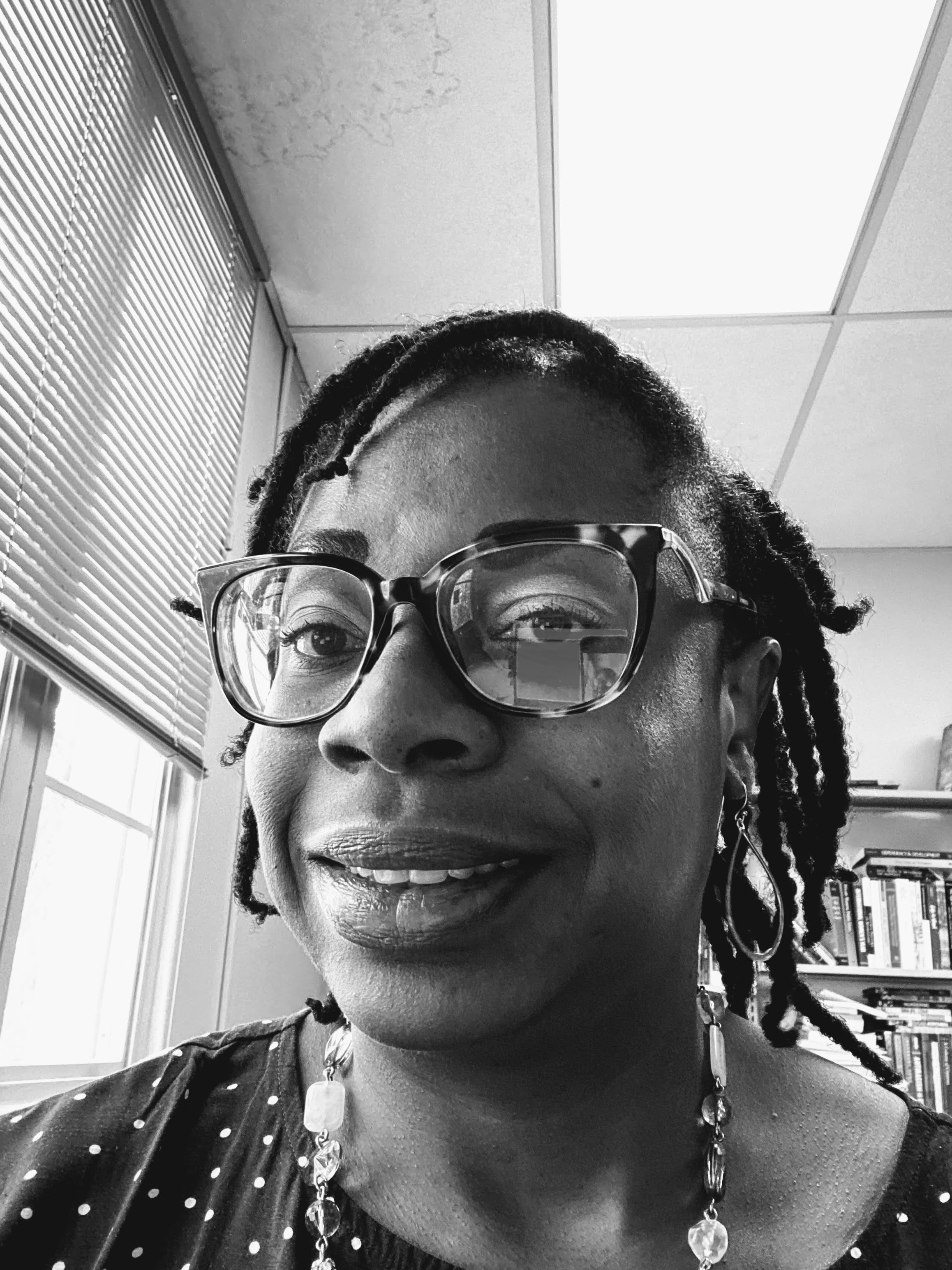What Does Race Have to Do with the History of Science?
Abstracts
“Black-German Intellectual Activism in the Past and Present”
Tiffany Florvil
Black German activist-intellectuals have long campaigned for rights and equality in Germany and beyond. Using their voices, they wrote dissertations, petitions, and books and delivered speeches to compel the German government and its citizens to recognize their discriminatory practices, the afterlives of colonialism, as well as systemic and everyday racism. In doing so, these individuals produced new knowledge, opening spaces for intellectualism and countering their invisibility in the German nation.
This presentation argues that Black Germans have consistently demanded recognition and justice for People of Color in a majority-white nation. Examining the activism of May Ayim, Katherina Oguntoye, and others across the late 20th century, I demonstrate how the current Black Lives Matter movement and COVID-19 has parallels with 1980s and 1990s Germany, which dealt with its own crises. Black Germans’ efforts at mobilization also entailed the creation of cultural productions and the formation of affective communities, in which they shared meanings and understandings of their emotions. Their efforts at intellectual activism challenged their historical erasure and offered new models for decolonizing Eurocentric knowledge. Indeed, Black Germans were political protagonists who reimagined possibilities for resistance, power, and identity while also confronting whiteness and anti-Black racism.
“A Feminist Bioethic of Grief”
Yolonda Wilson
In thinking about crisis and capacity from a humanistic standpoint, I shine a lens on grief during a time of global pandemic occurring simultaneously with a global call for racial justice. Specifically I am interested in two questions: (1) What does it mean to “feel” another’s pain? and (2) How do communities work through grief when the usual cultural mechanisms are not available?
The practice of isolating patients who are dying from COVID-19 has highlighted the need to pay attention to feminist arguments for comfort and care as ethical practices in themselves, even at the end of life. We also must rethink how care ethics can help those who are living through both the pandemic and this general period of unrest.
Biographies
About the Institute's Colloquium Series 2020/21
Crisis and Capacity: Perspectives in the Humanities and Social Sciences
Months have passed since the beginning of the Covid-19 pandemic. People have experienced the effects of the virus’ rapid global spread: the politicization of medicine, worldwide shortages of and bidding wars for protective equipment, disputes and uneven public health messaging about prevention and treatments, disproportionate distributions of health risks in populations, and mass mortality. While many issues related to the Covid-19 outbreak are dealt with by scientists and health practitioners—such as the search for treatments and cures—other concerns command the expertise of scholars in the humanities and social sciences.
Developing from the MPIWG's History of Science ON CALL video project, the Institute’s Colloquium 2020/21 therefore facilitates conversations around how humanities and social sciences scholars might deliberately or inadvertently form a long view of critical contemporary issues, aiming to:
- Normalize reflexive intellectual discussions about challenging topics about inequalities such as race or gender
- Connect to other dialogues within and beyond Berlin about plural histories and sociologies of crises
Ultimately, the program seeks to bring to the fore various insights into local, regional, and international cooperation and academic work prompted by Covid-19.
The Institute’s Colloquium occurs once per month during the academic year. For further information about the series, please contact Lisa Onaga and/or Stephanie Hood.

Image: Sharon McCutcheon, Pixabay 2020.
- Presentation
- October 19, 2020
- 00:51:08
Institute's Colloquium: What Does Race Have to Do with History of Science?
- Several Speakers


